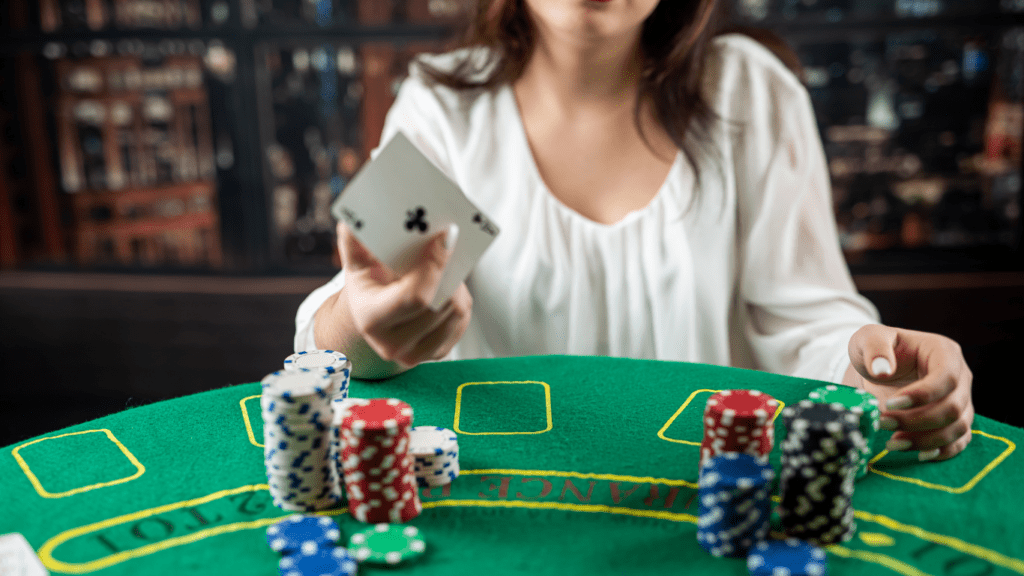Overview Of MythBusters: The Truth About Beating The House
In this section, I dive into the myths surrounding the idea of consistently beating the house. Casinos operate on mathematical principles that ensure they hold a slight edge in every game. By understanding the fundamentals of probability and house edge, gamblers can better grasp why it’s challenging to achieve long-term success against casinos.
Examples of popular myths include strategies that promise guaranteed winnings in games like blackjack or roulette. However, thorough analysis reveals these methods often rely on luck rather than sustainable tactics. I examine the realities of these myths and explain why they consistently fail to deliver on their promises.
Key to this exploration is the acknowledgment of randomness in gambling outcomes. While skill and strategy may improve one’s chances in specific games like poker, the house maintains its advantage through established rules and odds. This section offers a clear analysis of these elements, debunking common misconceptions and illustrating the true mechanics behind casino games.
Concept And Objectives
In this section, I explore the core ideas and intentions of the “MythBusters” episode focused on debunking the possibility of beating the house in casinos.
The Premise Of The Episode
The episode investigates widespread claims and myths in the gambling world about methods purported to consistently beat casinos. I look into strategies that promise to turn the odds in a player’s favor despite the house’s inherent advantage. Each myth undergoes scientific testing and analysis to determine its validity and effectiveness in real-world casino settings.
Goals And Challenges
The primary goal is to test and either confirm or debunk popular gambling myths. I examine strategies like:
- card counting
- lucky charms
assessing their potential impact on game outcomes. The challenge lies in replicating these scenarios accurately to provide conclusive results. Balancing scientific rigor with entertainment, I aim to educate viewers about the misconceptions surrounding casino games, enhancing their understanding of the mathematical reality behind them.
Experiments And Methods
In the world of casinos, myths about guaranteed wins abound. To uncover the truth, it’s necessary to put these beliefs to the test through systematic experimentation.
Testing Casino Myths

I delved into popular casino myths, challenging claims of strategies that promise certain victories. For instance, card counting in blackjack and specific betting systems in roulette often claim to bypass the house edge. By arranging experiments that simulated real casino environments, these strategies were scrutinized. I employed controlled conditions to verify their effectiveness, exposing the limitations of these so-called foolproof methods. The results consistently revealed that what many view as reliable tactics often falter under rigorous testing.
Scientific Approach And Techniques
- A scientific approach provided the backbone for dismantling each myth.
- I used statistical analysis methods to measure outcomes and probabilities accurately.
- Employing techniques like Monte Carlo simulations and probability distributions, I precisely calculated potential winnings versus losses.
- This allowed for an unbiased evaluation of each method’s validity.
- By integrating clear data and mathematical probabilities, the myths were either debunked or shown to be ineffective in altering the overall house advantage, reinforcing the scientific integrity of the findings.
Results And Findings
Experiments in “MythBusters” reveal that attempts to beat the house often end in favor of the casino. Strategies were rigorously tested to separate fact from fiction.
Key Outcomes
Card counting is a popular technique in blackjack meant to tilt odds. The investigation shows it’s effective only under specific conditions: limited decks and quick shuffling. In roulette, betting systems like Martingale were scrutinized. The house edge remained consistent regardless of betting strategy. Testing also revealed cherished mantras and lucky charms had no material impact on overall gambling results, reaffirming the randomness in casino games.
Surprising Revelations
Contrary to common beliefs, manipulating slot machines for gains proved futile. These machines use random number generators, making it impossible to predict spins. Additionally, strategies aiming to exploit poker games were debunked. While skill affects poker outcomes, no strategy could overturn house advantages in the long run. These findings underscore that casinos design games to ensure profitability, dismantling myths of easy winnings.
Audience Reception
Audiences responded enthusiastically to the “MythBusters” episode on casino myths. It sparked conversation and debate among viewers who enjoy both gambling and scientific inquiry.
Viewer Opinions
Many viewers expressed intrigue at the scientific approach to debunking gambling myths. Some appreciated how the episode highlighted the balance between entertainment and education. Comments on forums and social media often praised the show’s ability to challenge popular beliefs with evidence. A segment of the audience, especially gamblers, valued the insights into common misconceptions about beating the house.
Critique And Praise
Critiques focused on the episode’s pacing and the complexity of explaining statistical results. A few viewers found the technical content challenging to follow, preferring more straightforward explanations. However, the praise predominantly overshadowed these critiques. Many admired the hosts for maintaining engaging storytelling while presenting complex subjects. The show’s commitment to thorough experimentation and its efforts to educate without dampening the allure of casinos received widespread acclaim.
Impact On Gambling Community
The “MythBusters” episode exploring the truth about beating the house has significantly affected gambling enthusiasts and industry insiders.
Influence On Gamblers
I’ve observed that the episode reshaped many gamblers’ perceptions. By debunking myths, it provided clarity, helping people understand the actual odds behind casino games. This knowledge prompted many to reevaluate their strategies and expectations. Gamblers began to appreciate skill-based games over those relying purely on luck. For example, poker gained more respect as players recognized its reliance on strategy rather than chance. Awareness of the mathematical principles behind gaming has encouraged more responsible gambling practices among viewers.
Casino Industry Response
The casino industry’s response showed a mix of acknowledgment and adaptation. “MythBusters” highlighting the impossibility of consistently beating the house reassured casinos about their inherent advantage, demonstrated by the mathematical edge. Some casinos seized the opportunity to promote transparency, emphasizing fair play by hosting educational seminars about game odds. Others refined their marketing strategies, focusing on the entertainment value of casino experiences to maintain player engagement even in the face of newfound player skepticism—acknowledging the show’s influence as a means to build trust with patrons.



 _____
Marshane Jacobsin – Digital Tools Developer
Marshane Jacobsin is the tech innovator on the team. She designs and develops intuitive tools that empower gamblers, from calculators to betting trackers. Marshane's expertise ensures that users have access to cutting-edge resources that enhance their gambling strategies while promoting responsible play.
_____
Marshane Jacobsin – Digital Tools Developer
Marshane Jacobsin is the tech innovator on the team. She designs and develops intuitive tools that empower gamblers, from calculators to betting trackers. Marshane's expertise ensures that users have access to cutting-edge resources that enhance their gambling strategies while promoting responsible play.